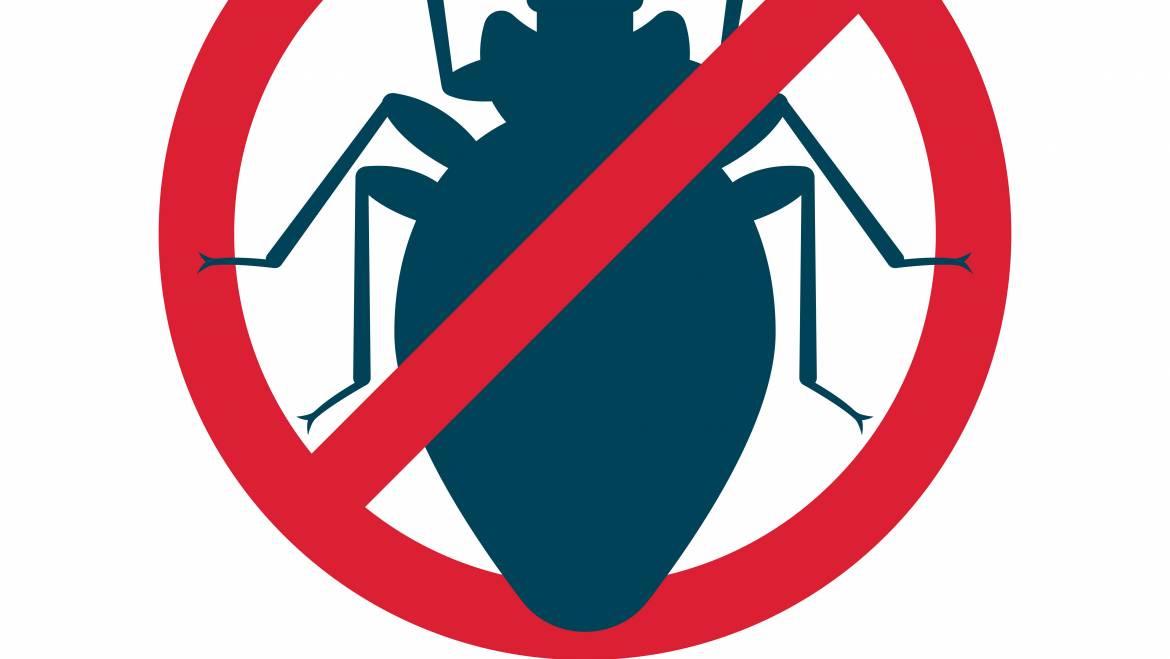Most people are afraid of bed bugs; nobody likes them. These bugs can cause allergic reactions and asthma, according to the latest research.When bitten by a bed bug, we may get a red mark on our bodies. These bug bites usually itch a lot and annoying. The effects of bites are different in individuals.
The effects of Bedbug Bites
Bed bugs or bloodsucking insects are a big problem in many homes and hotels. Luckily, these insects are not known to spread contagious infections. However, it is hard to eliminate an infestation to prevent bringing bugs home. Read the article below to identify and treat these pests.

Bugs bite appears as small, itchy and red area, a few days after the actual bite. However, some people including, adults and children do not develop an allergic reaction to the bites even after repeated exposure. One can develop a skin infection if he/she scratch the bites. Rarely, a more severe allergic reaction could occur and cause larger blisters, welts, and anaphylaxis. A recent study revealed that bedbugs might also trigger asthma attacks.
Risk factors associated with Bedbugs
Bed bugs are tiny insects that suck blood; they feed only on the blood of humans, pets, and farm animals. These bugs usually feed at night and are found especially in the bed. They actually hide in the seams or crevices of a mattress or box, spring, along with the edge of the floor carpet, hiding inside the furniture, or behind picture frames. There is no evidence of bed bug manifestation and poor sanitation. Clean living space is as unsafe as a mess and a dirty one. A place where multiple people have slept increases the risk of manifestation of bed bugs.
Bed bugs don’t only bite you, but they also poop on your bed. It is the poop of bed bugs that causes a problem even after the pest control has been used. The poo of these tiny insects contains a chemical known as histamine that is found naturally in a human’s body during an allergic reaction. It is the chemical that is responsible for causing itchy eyes, runny nose, sneezing, and difficulty breathing.
Bedbugs and allergic reaction
Histamine can also cause rashes on the skin and particularly dangerous for people with asthma or other lung conditions because it causes an inflammatory response in the airways of the lungs. If people are exposed to the chemical, people may experience a life-threatening asthma attack. According to a research study, histamine levels in bedbug-infested homes were at least 20 times higher as compared to bug-free homes. The levels of the chemical continue to create a problem for months, even after the pest control is done.
Bed bugs have become a major health issue. Infestation can reach exceedingly high levels, especially among the disadvantaged communities, where intervention is unaffordable.
While bed bug bites have been identified as a dermatological issue that can be worsened and cause secondary infections, the tine insects have not been implicated as allergen producers.
Conclusion
The study demonstrates that there is a link between bed bugs and histamine levels, and this may negatively affect the health of people who live at home manifested with bed bugs.



